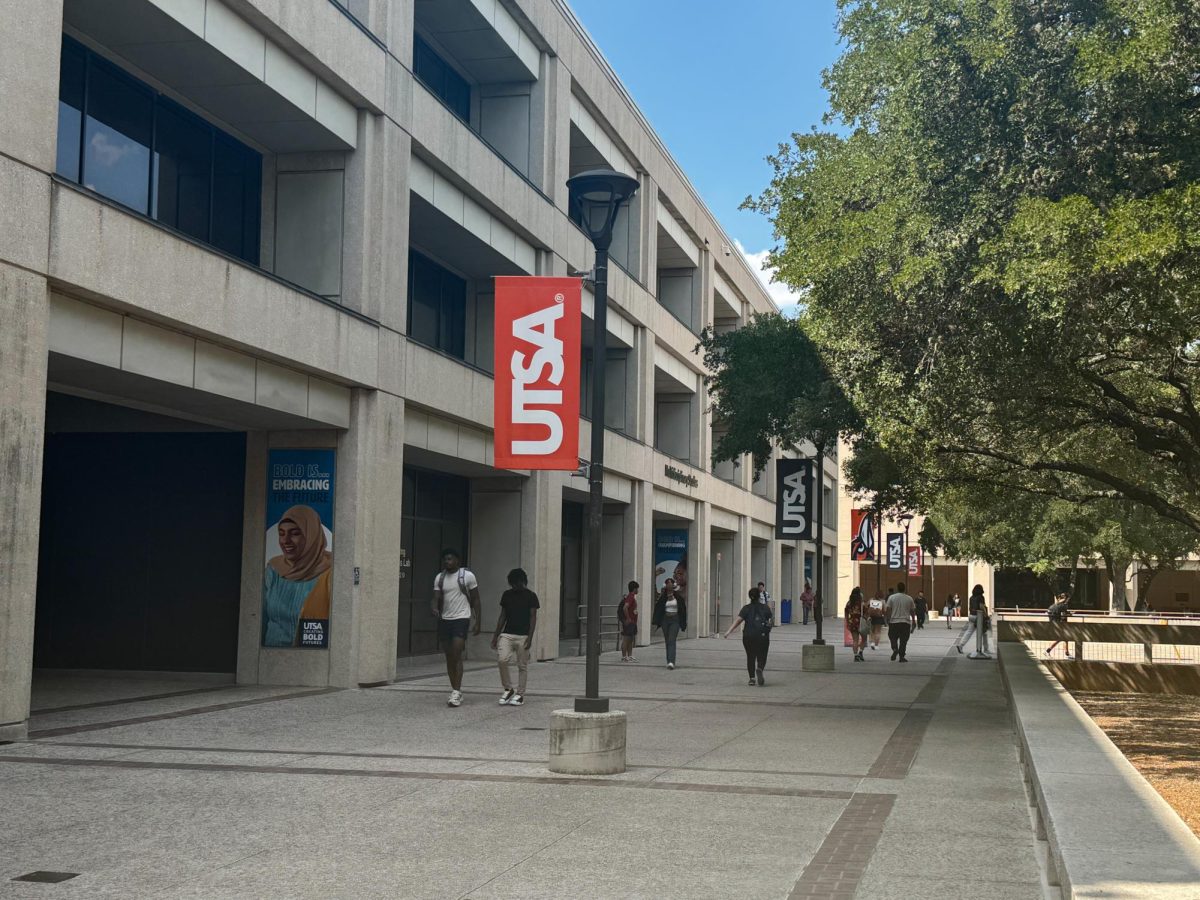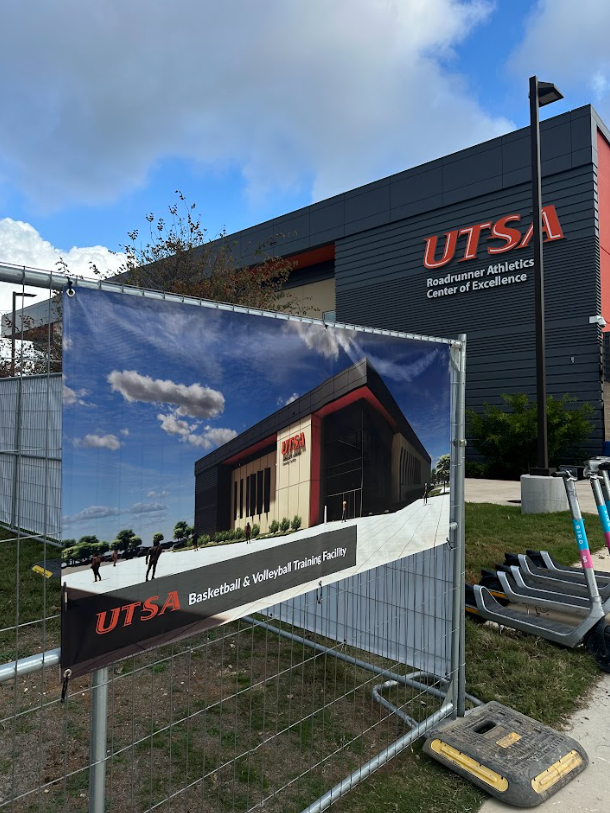The National Science Foundation (NSF) recently awarded UTSA with a $2.8 million grant. The grant is aimed at MATRIX, UTSA’s AI consortium for Human Well-Being, and intends to strengthen research capabilities in the field of neuro-inspired artificial intelligence. Neuro-inspired artificial intelligence is currently a strategic research area at UTSA, with research involving gathering insights on the human brain to attempt to inform and revolutionize AI.
Another goal of the grant is the establishment of the ExpandAI Partner Institute, a collaboration project between UTSA and the AI Institute for Edge Computing Leveraging Next-generation Networks (ATHENA). The ATHENA project spans across multiple schools and disciplines, with Duke University leading the main center and the NSF funding for ongoing research, educational systems, and partnering with minority-serving institutions.
“Our shared goal is to produce resilient AI algorithms and hardware while nurturing the development of talented students through multiple forms of mentoring,” says project lead Dhireesha Kudithipudi.
The collaboration between MATRIX and ATHENA aims to, over the course of four years, provide research support to 28 graduate fellows and 10 faculty members from both organizations. About 100 students will be given the opportunity to engage in various research and educational activities.
The NSF has been vocal in its excitement about working with UTSA. Yiran Chen, The ATHENA project director, expressed, “This ExpandAI partnership is a transformative endeavor that addresses critical educational and research needs in AI, particularly in underserved communities.”
The ATHENA team members at Duke are enthusiastic about dedicating their expertise to this remarkable project and eagerly anticipate a productive and mutually beneficial collaboration with the colleagues at UTSA.
NSF Program Director James Donlon stated, “We are proud of this new partnership for exemplifying the potential for AI Institutes to broaden their impact as nexus points for collaborative efforts and for the whole research community to join in advancing collaboration in AI research, education, and workforce development through new partnerships.”
All research that comes from the project strives to fall in line with the four main project thrusts: the creation of AI models inspired by neural mechanisms, the design of neuromorphic computing systems, the pursuit of novel research on edge platforms and the establishment of partnerships to inclusive AI workforce training.
With the development of this newfound partnership with the ATHENA program through the NSF grant, UTSA’s MATRIX will be able to continue its high quality research in the fields of AI and machine learning. To see the variety of other research that MATRIX is embarking upon, visit https://ai.utsa.edu/#research.








